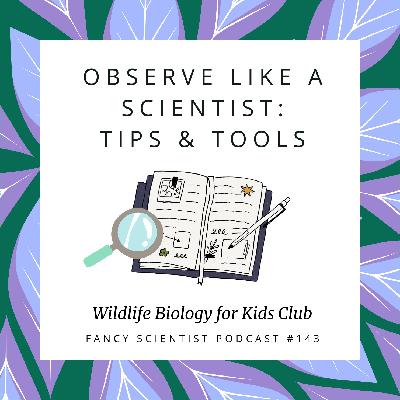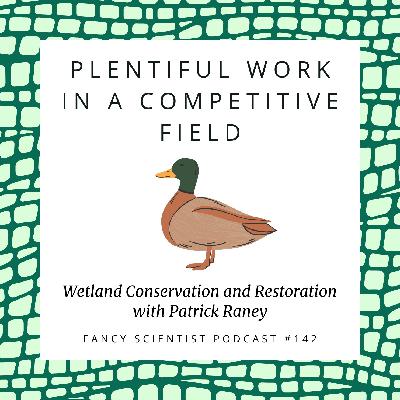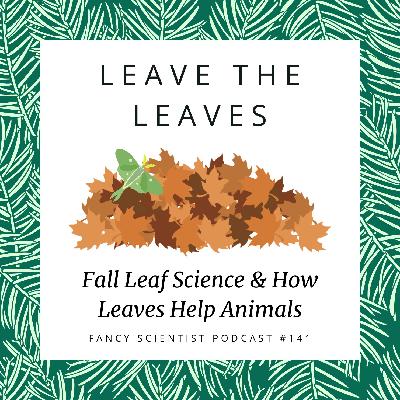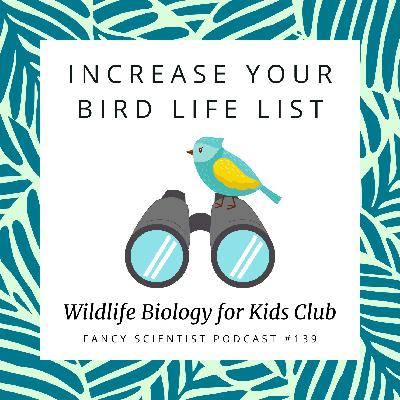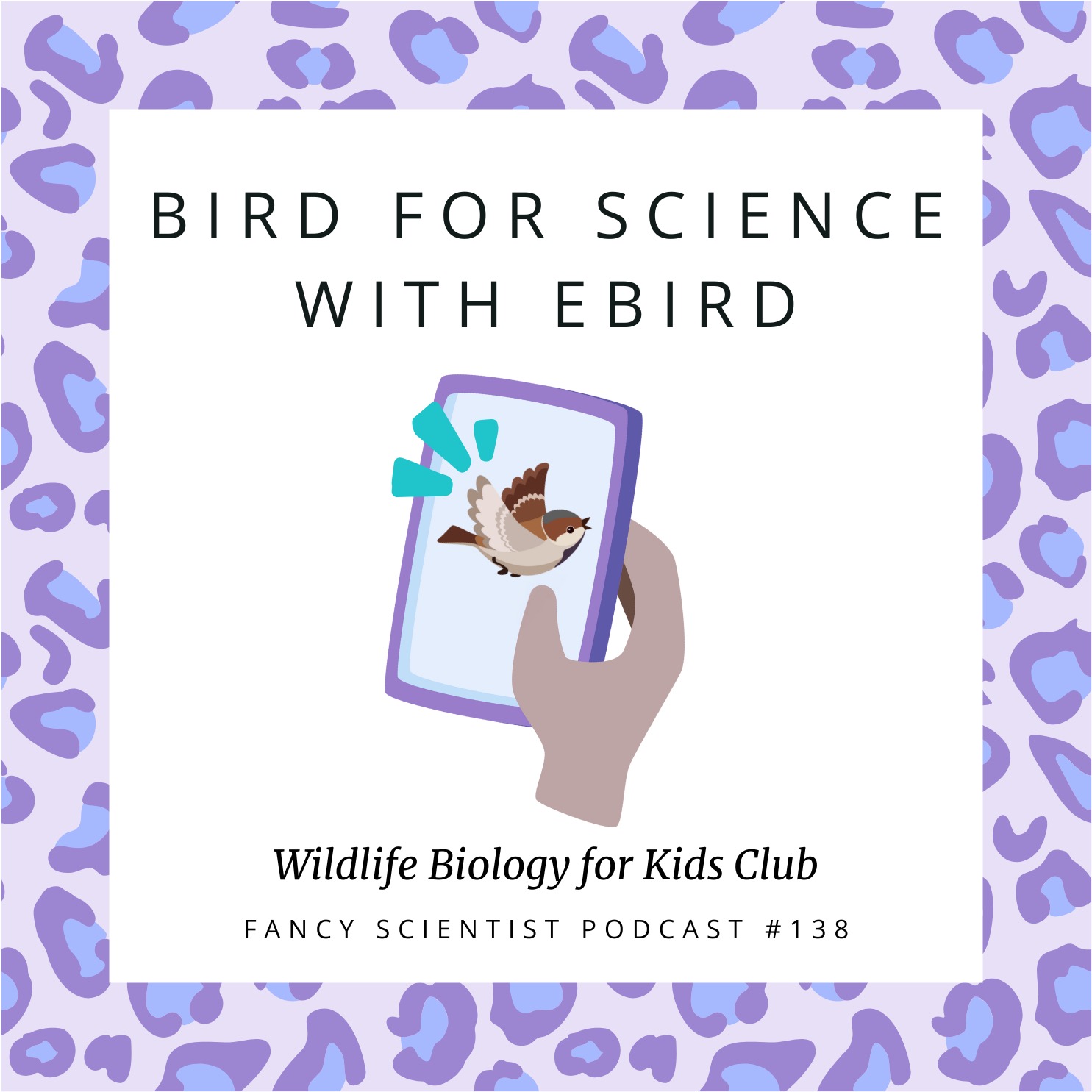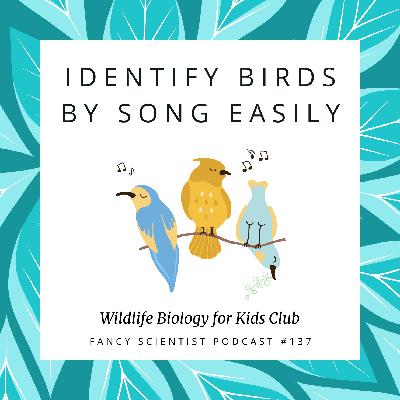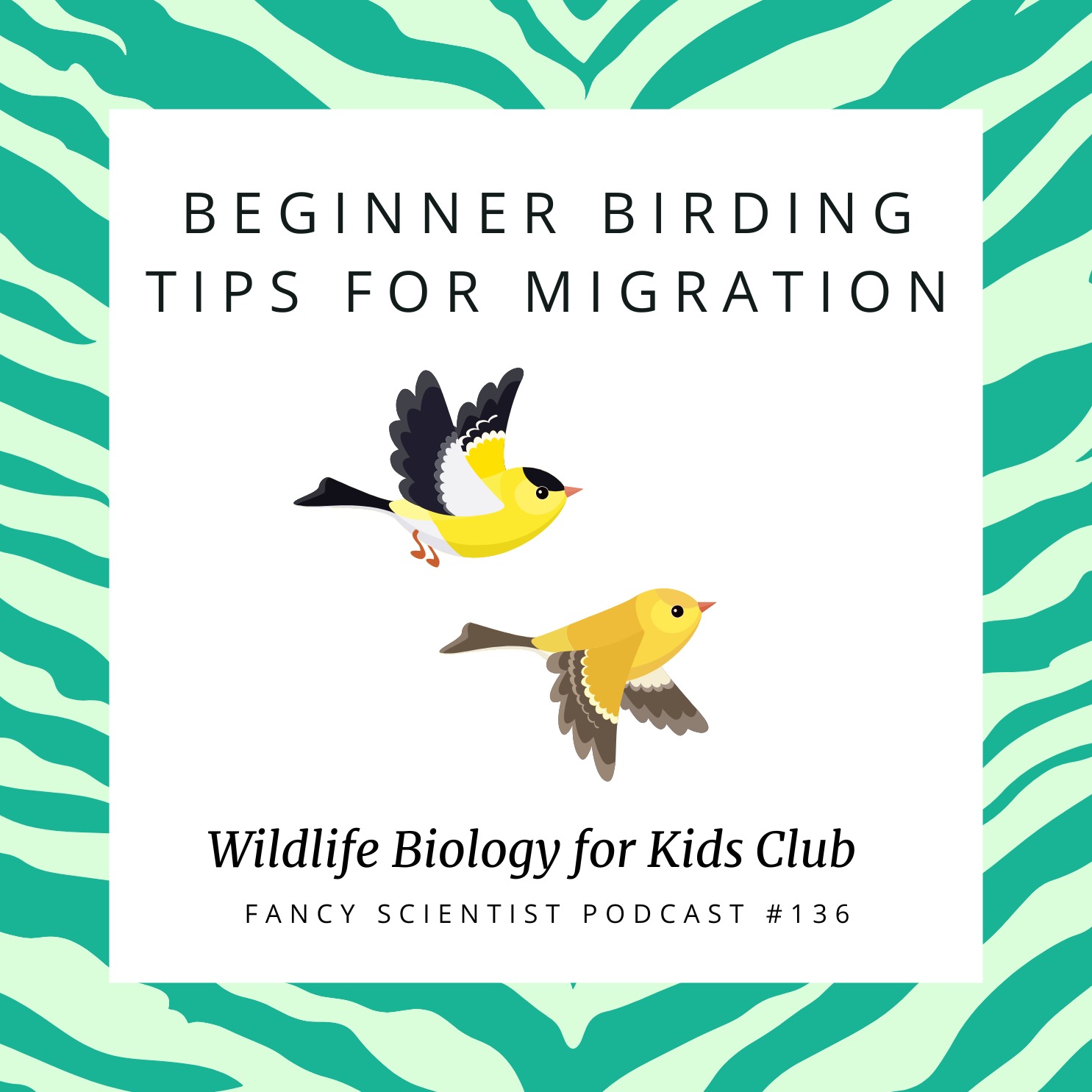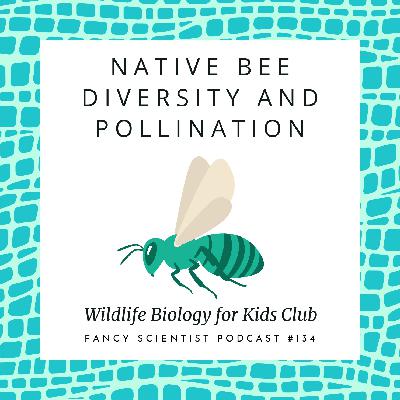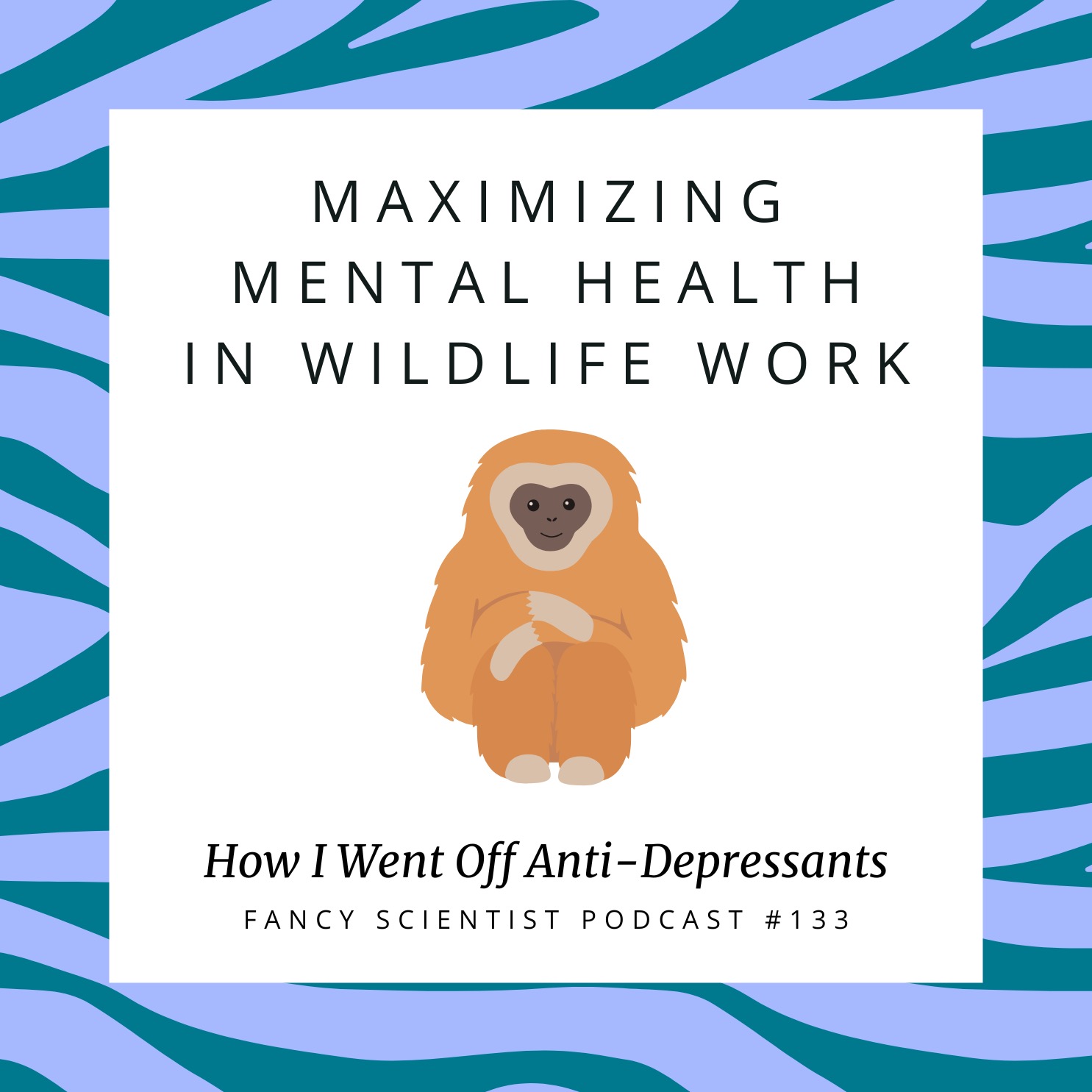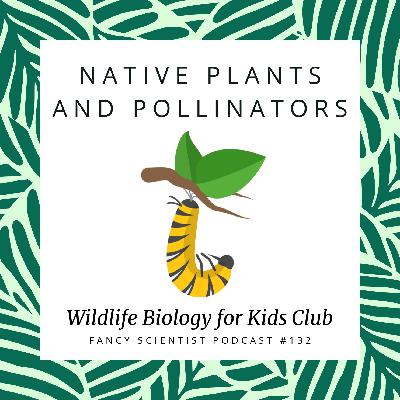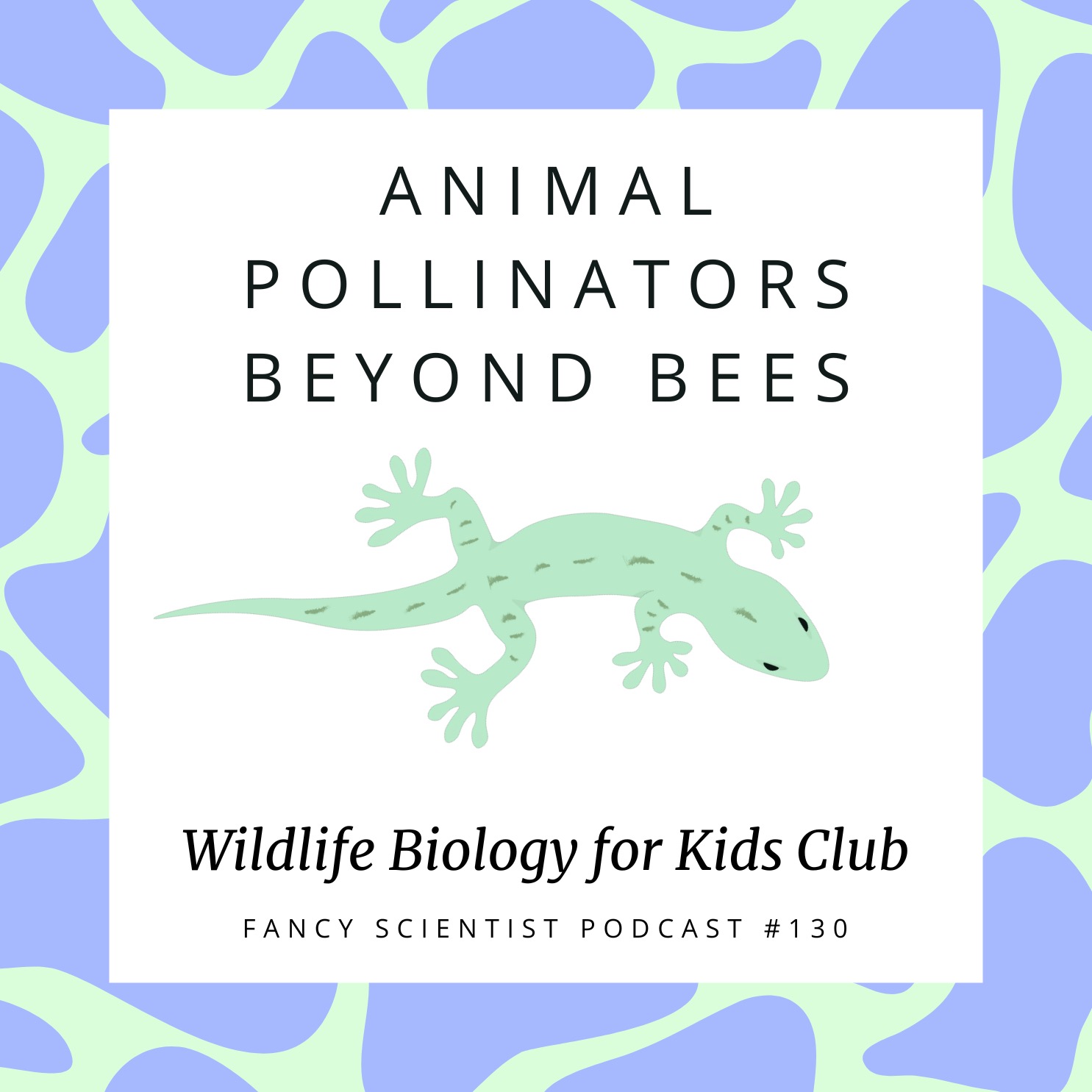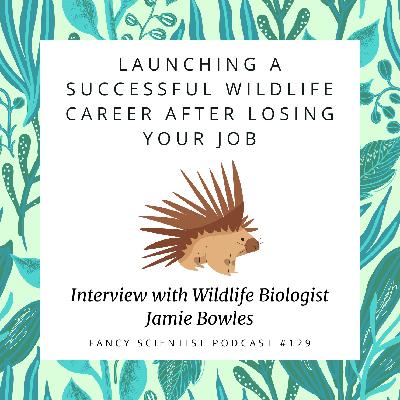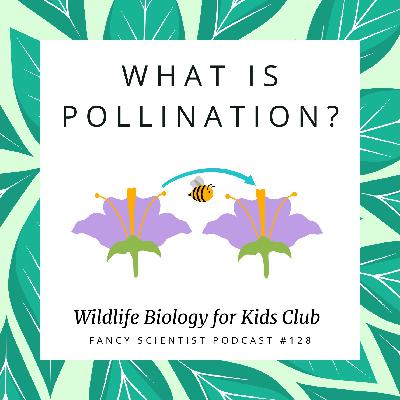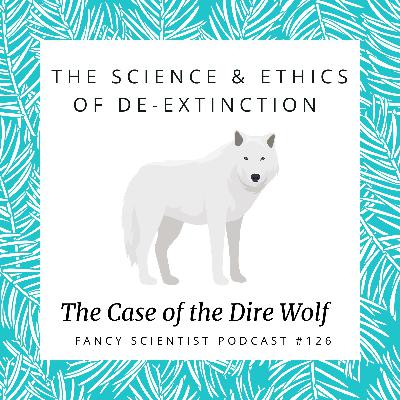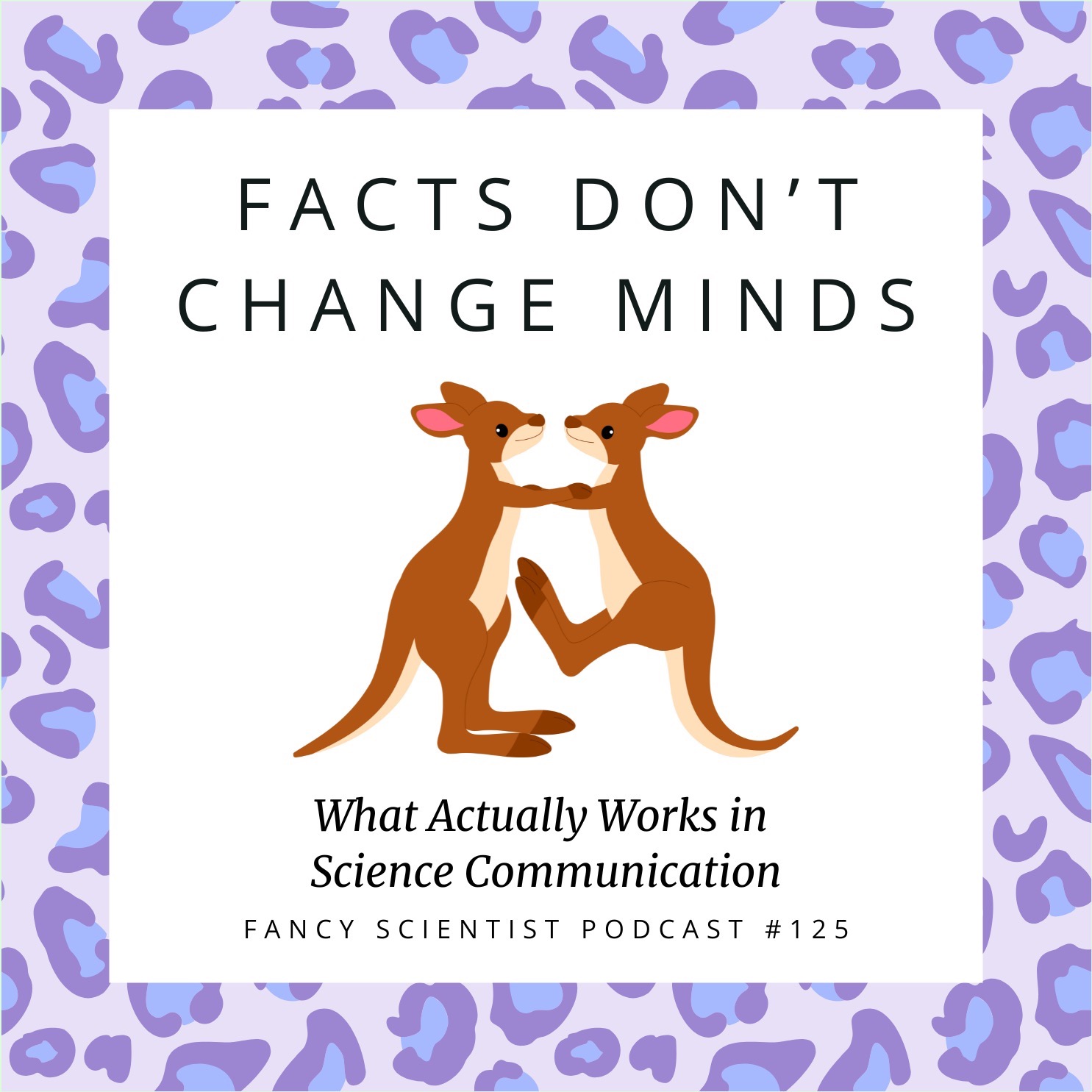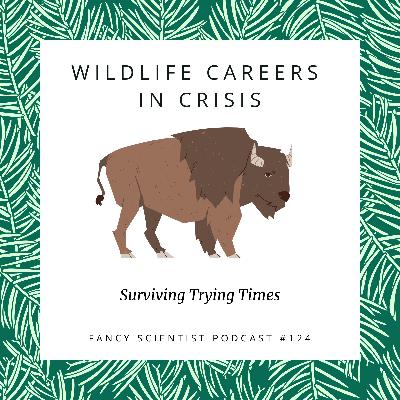Sometimes, when you think the worst happens, it can actually be the best thing. For wildlife biologist Jamie Bowles of the Oregon Department of Fish and Wildlife, losing her job in the medical field launched her wildlife career…I met Jamie through LinkedIn. She has been so supportive of my posts, and I quickly recognized that, like me, she prioritized and loved mentoring. With her ample and sage advice about getting into wildlife careers, I knew she would be the perfect guest for the podcast.Throughout this interview, Jamie calls herself lucky. I don’t think she’s lucky at all. Rather, she did the RIGHT things to set herself up so that when opportunities were available, they were GIVEN to her. As the Roman philosopher Seneca once said, “Luck is what happens when preparation meets opportunity.” Jamie set herself up for success.Now having worked at the Oregon Department of Fish and Wildlife for nine years, Jamie has held a multitude of different jobs. She started out working in fish, but later moved on to work on everything from habitat, to wolves, to now porcupines, and working with the public. She also did this while being a mom of four! As you’ll find out from our interview, Jamie had children when she was 18 and went to college after she became a mom. In her wildlife career, she was always going to school and working towards getting this career while balancing it with motherhood, and she has some amazing wisdom about how she did it.However, Jamie’s story is not without its challenges–she got a later start in her career than more traditional students, having turned to wildlife biology after losing her job in the medical field amidst the COVID-19 pandemic (which she later realized was a blessing in disguise!). She returned to school as a non-traditional student, being older and also a mom.Although Jamie was aware of these challenges, she didn’t let them hold her back. She was strategic. Through networking, flexibility, and operating with knowledge of a long-term career plan, Bowles was well-prepared when opportunity presented itself. Luck alone would not have gotten her to where she is today!I have worked with hundreds of students, sharing my over 20 years of knowledge as a wildlife biologist to help them land permanent careers in this field, and I know for a FACT that you don’t need luck to land your dream job – you make it happen.Jamie’s hard work has led her all over Oregon, working with numerous species of wildlife. From backpacking up the mountains as an intern with fish in bags (yes, fish in bags!), to managing wolf-human relationships, to launching a community science project to document North American porcupine presence, Jamie Bowles has truly done it all! I can’t wait for you to listen to this episode and hear all about the exciting, fun, and crazy stories she has to tell.Jamie also recognizes that success is not a path that is walked alone. She stresses the importance of mentorship, and we talk all about how to find a mentor, what you can gain from mentorship, and the role it played in her career. Once a mentee, and now a mentor herself, check out Jamie Bowles’ LinkedIn for great advice about wildlife careers!If you’re interested in wildlife biology, especially as a non-traditional student or career switcher, you will be left inspired following along with Jamie Bowles’ journey and how she got to where she is today. Her resilience will motivate you, and her wisdom will leave you feeling like you, too, can conquer not only the challenges that this field presents but whatever personal obstacles you’re facing as well.You will learn that Jamie put herself out there, that she was actively networking, and she made opportunities happen for her.Specifically, I go over:Jamie Bowles’ experience working in wildlife biology at the state level and how she landed her first jobsWhat it’s like to work in different types of positions within a state agency, and what it takes to get jobs like thoseThe competitive nature of wildlife careersThe importance of networking and finding good mentorsHow experience and education help you land a permanent position in wildlife careersCrazy experiences she’s had while on the jobWhat it’s like working with wolvesHer experiences working in wildlife biology as a mom of four And MORE!Dream of being a wildlife biologist, zoologist, conservation biologist, or ecologist? Ready to turn your love of animals into a thriving career?🌿🐘 Then…✍️ SIGN UP for my next FREE training: https://fancyscientist.com/3-pillars-to-success/🗺️ Get my FREE wildlife career guide: https://fancyscientist.com/wildlife-career-success-guide/📚 Read Getting a Job in Wildlife Biology: What It’s Like and What You Need to Know: https://www.amazon.com/Getting-Job-Wildlife-Biology-What/dp/B08JDYXS4G/🚀 Work with me! Programs: https://stephanieschuttler.com/work-with-me/I’m Dr. Stephanie Manka (formerly Schuttler), a wildlife biologist of 20 yrs who is on a mission to empower wildlife professionals and break stereotypes of scientists so they can get jobs, live out their life’s purpose and make a difference in this world.🎥 How I became a wildlife biologist: https://youtu.be/zBvHRDO7gIg Full show notes:👉 https://stephanieschuttler.com/129-jamie-bowles/Jump Links:00:00 Introduction to the Episode01:34 The Fancy Scientist: Embracing the Title03:44 Jamie’s Role at the Oregon Department of Fish and Wildlife04:58 Career Path: From Intern to District Wildlife Biologist13:44 The Importance of Networking in Wildlife Careers14:53 Volunteering and Gaining Experience18:04 LinkedIn for Wildlife Careers Masterclass21:51 Fisheries: A Gateway to Wildlife Careers23:47 Pursuing a Master's Degree in Wildlife25:13 Overcoming Educational Gaps in Wildlife Careers25:50 The Sierra Nevada Red Fox Project26:15 Pursuing Higher Education in Wildlife Management27:19 Career Opportunities Without a Master's Degree28:38 The North American Porcupine Project31:14 Working as an Assistant Wolf Biologist34:12 Balancing Motherhood and a Wildlife Career39:29 Unusual and Memorable Wildlife Experiences41:32 The Importance of Mentorship in Wildlife Careers45:56 Final Thoughts and EncouragementLet’s connect! 🤝✨Website: https://fancyscientist.com/Getting a Job in Wildlife Biology Facebook Group: https://www.facebook.com/groups/gettingajobinwildlifebiologyYouTube: https://www.youtube.com/@FancyScientistInstagram: https://www.instagram.com/fancy_scientist/LinkedIn: https://www.linkedin.com/in/sgschuttler/ Facebook: https://www.facebook.com/fancyscientist/Twitter: https://twitter.com/FancyScientistThreads: https://www.threads.net/@fancy_scientistBluesky: https://bsky.app/profile/fancyscientist.bsky.socialPinterest: https://www.pinterest.com/fancyscientist/



